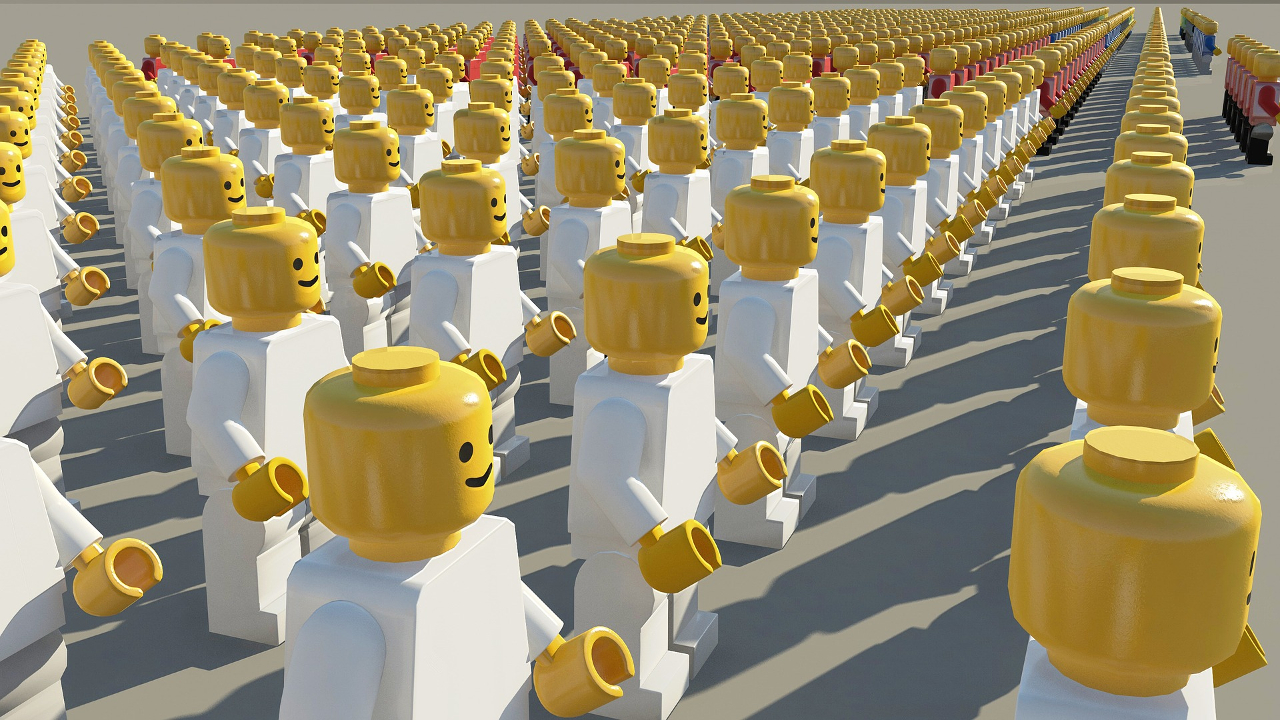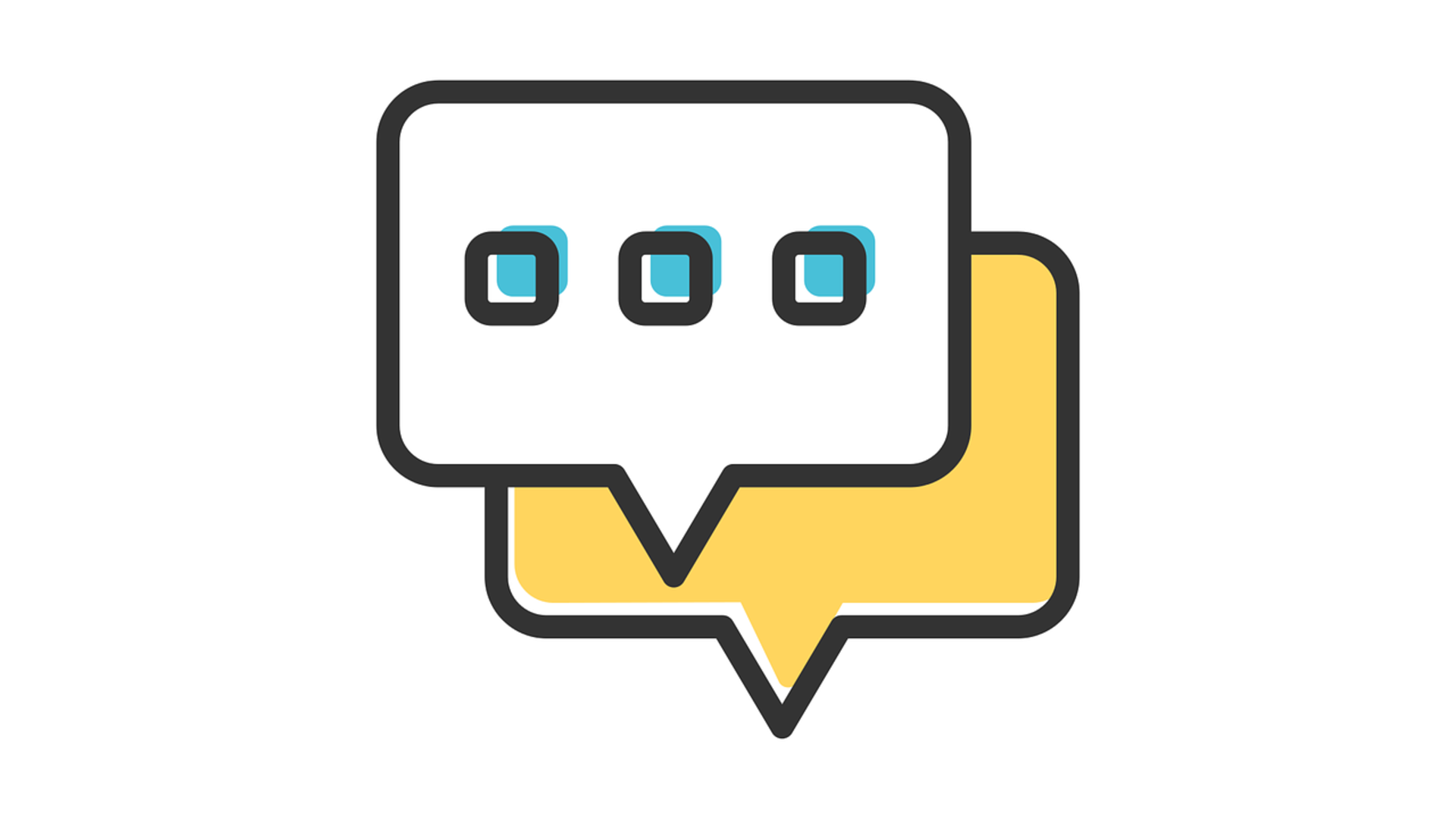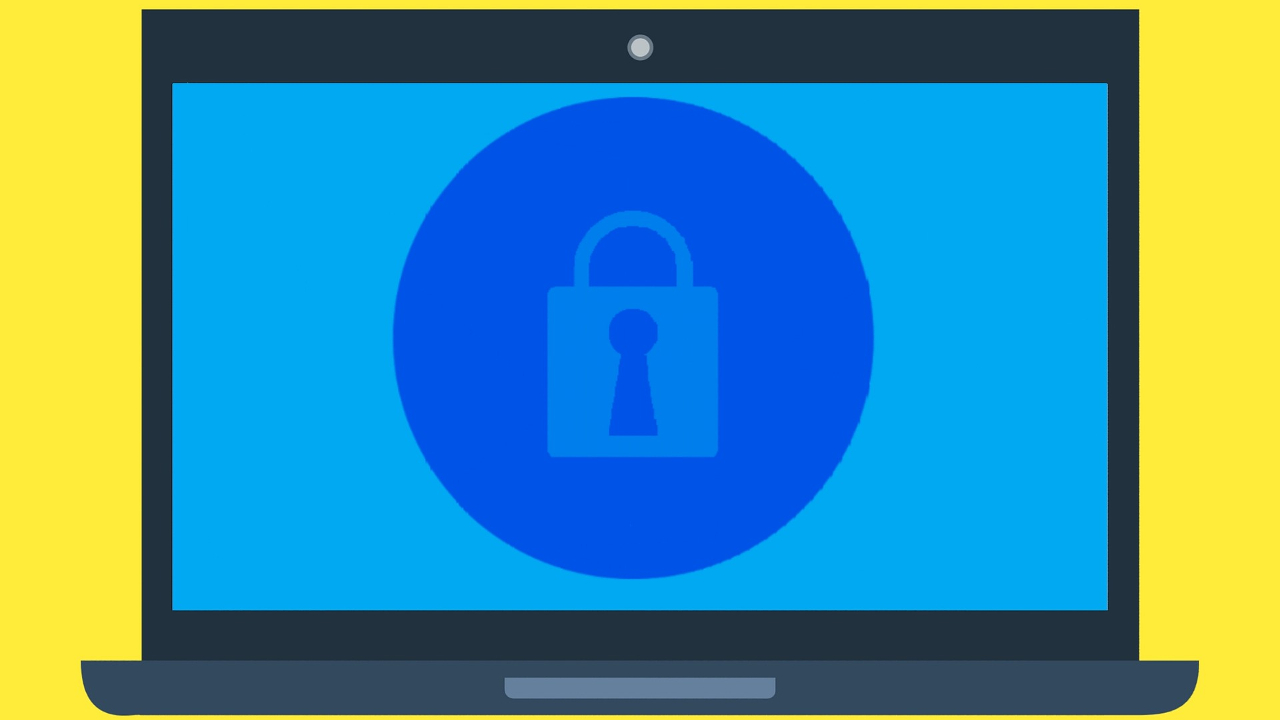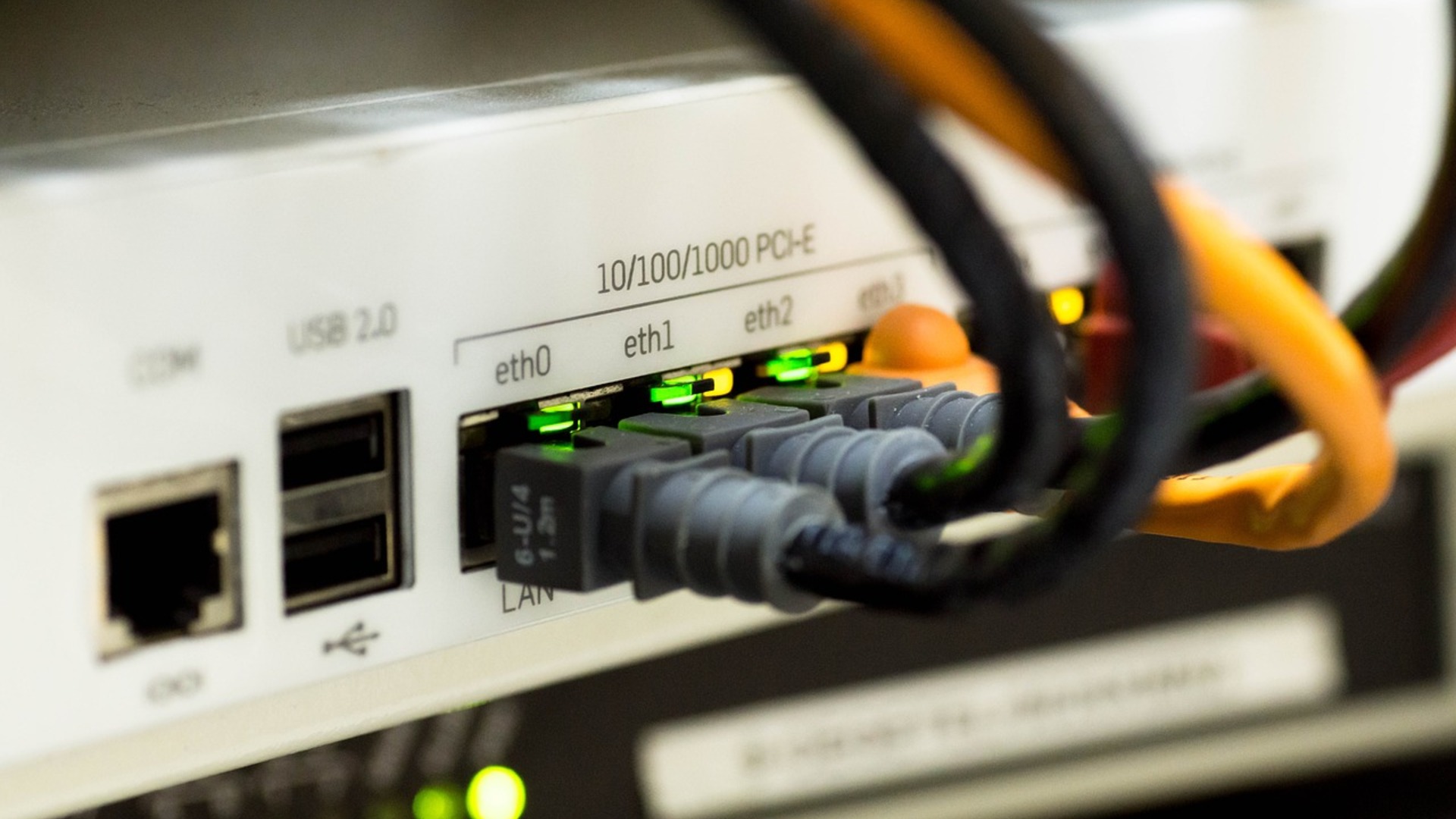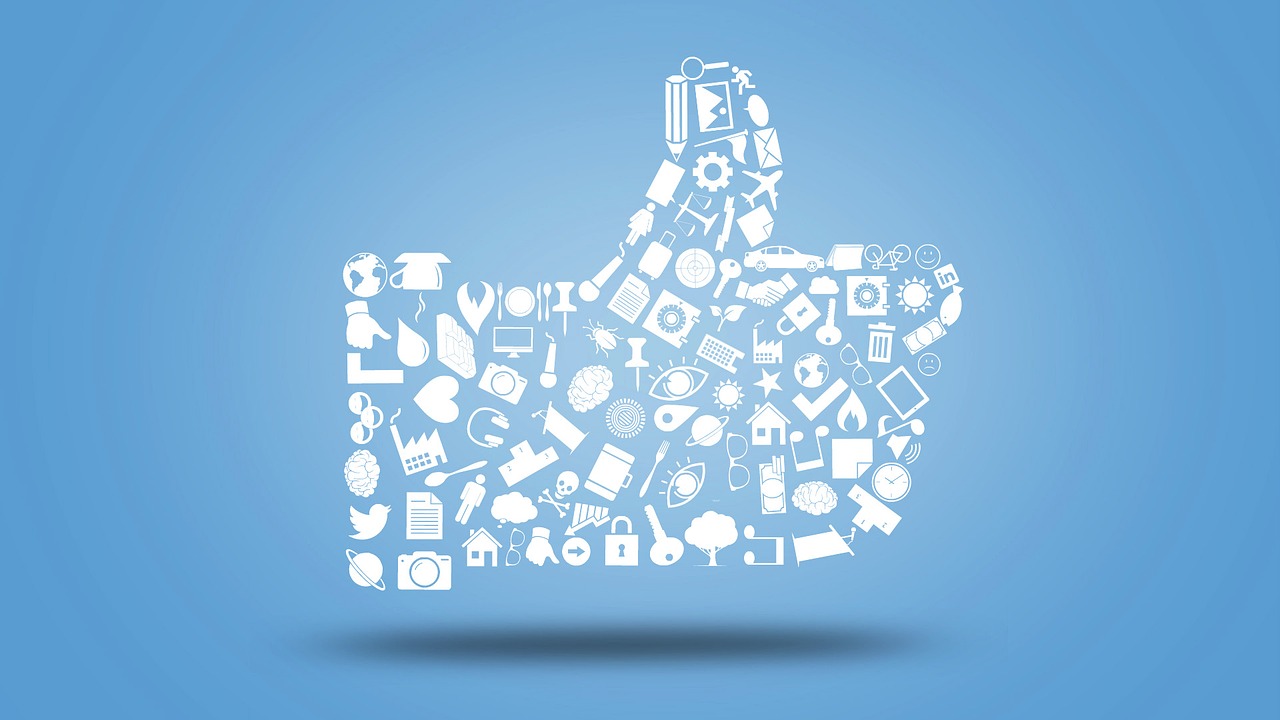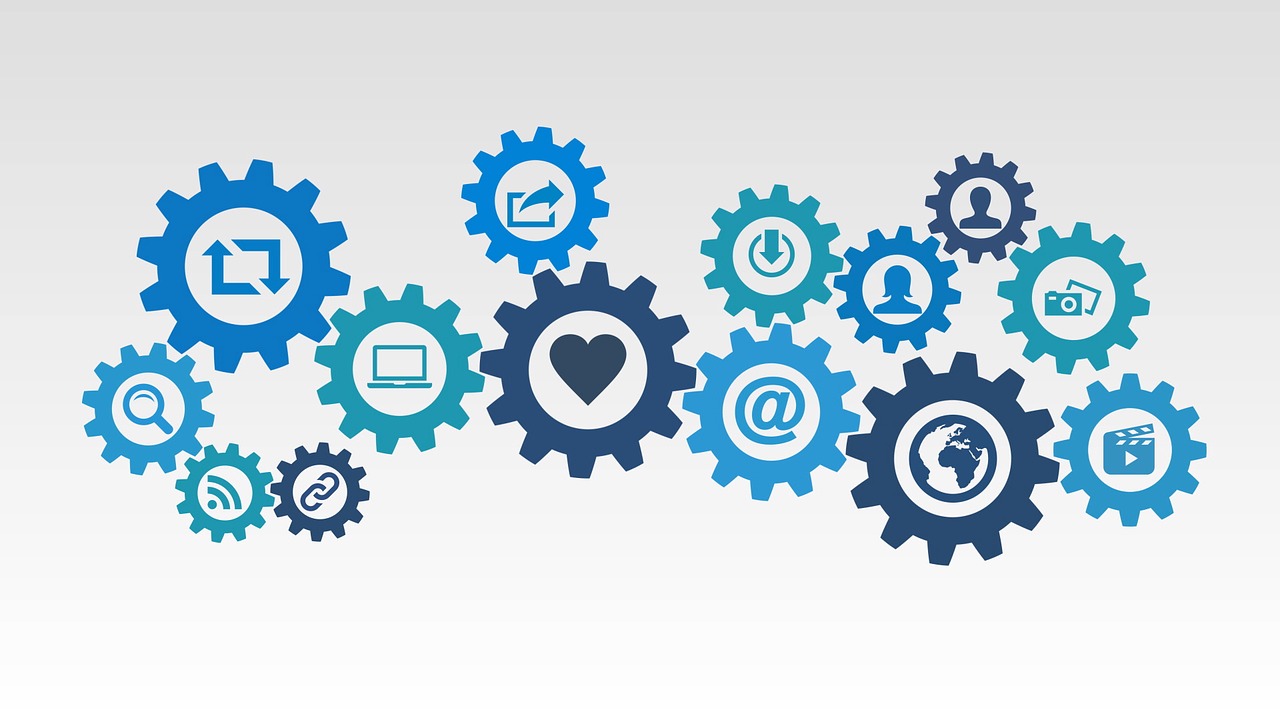How To Manipulate Elections In The 21st Century
Propaganda isn’t a new idea, but we’ve been witnessing its evolution into a 21st century version. Through history, propaganda wasn’t always true but it was usually believable. The word propaganda came into normal use around 1914 but the act it describes is far from new. The ancient Greeks used games, theatre, courts, and religious festivals to spread their ideas, the mass media of the time. Over time, the medium for propaganda evolved to the modern media at the time. Today’s propagandist has a lot more choices for outlets, including the Internet and social media which can spread ideas faster than ever, with opaque fake identities that are hard to catch.
Although spreading stories to push a belief isn’t anything new, making them believable isn’t important anymore. Starting the spread of a false stor...
